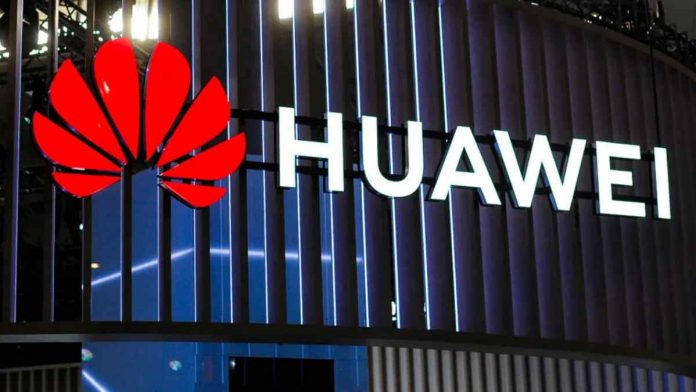The U.S. Commerce Department on Tuesday posted a new rule that will allow U.S. based companies to work with Chinese manufacturing giant Huawei to develop standards for next-generation 5G networks and other innovative technologies.
“The United States will not cede leadership in global innovation. This action recognizes the importance of harnessing American ingenuity to advance and protect our economic and national security,” said U.S. Department of Commerce Secretary Wilbur Ross. “The Department is committed to protecting U.S. national security and foreign policy interests by encouraging U.S. industry to fully engage and advocate for U.S. technologies to become international standards.”
For those unaware, the U.S. Department of Commerce in May 2019 had blacklisted Huawei and placed the company on its “Entity List” for engaging in activities that are contrary to the country’s national security or foreign policy interest. This ban restricted sales of U.S. goods and technology to the company.
With ban on Huawei, many U.S. companies were uncertain on what they can or cannot disclose with other companies, which resulted in their reduced participation in the 5G standards settings. This, in turn, gave Huawei a stronger authority in those organizations, potentially allowing it to push global markets outside of the U.S.
The new rule change is meant to ensure Huawei’s placement on the Entity List in May 2019 does not prevent American companies from contributing to important standards-developing activities despite Huawei’s pervasive participation in standards-development organizations.
Huawei and 114 of its foreign affiliates on the Entity List “continue to participate in many important international standards organizations in which U.S. companies also participate,” the new rule says.
“As international standards serve as the building blocks for product development and help ensure functionality, interoperability and safety of the products,” it noted, “it is important to U.S. technological leadership that U.S. companies be able to work in these bodies in order to ensure that U.S. standards proposals are fully considered.
In a statement, Huawei noted, “Standards should be set in an open, fair, and non-discriminatory manner, involving suppliers, research institutions, industry organizations and other players.
“Inclusiveness and productive dialogue will better promote the formulation of technical standards and encourage the healthy development of the industry and the global economy.”
Naomi Wilson of the Information Technology Industry Council, which represents tech companies, said the rule was a “long-awaited step to clarify that U.S. companies can participate in international standards bodies – even where certain listed entities are present.”
